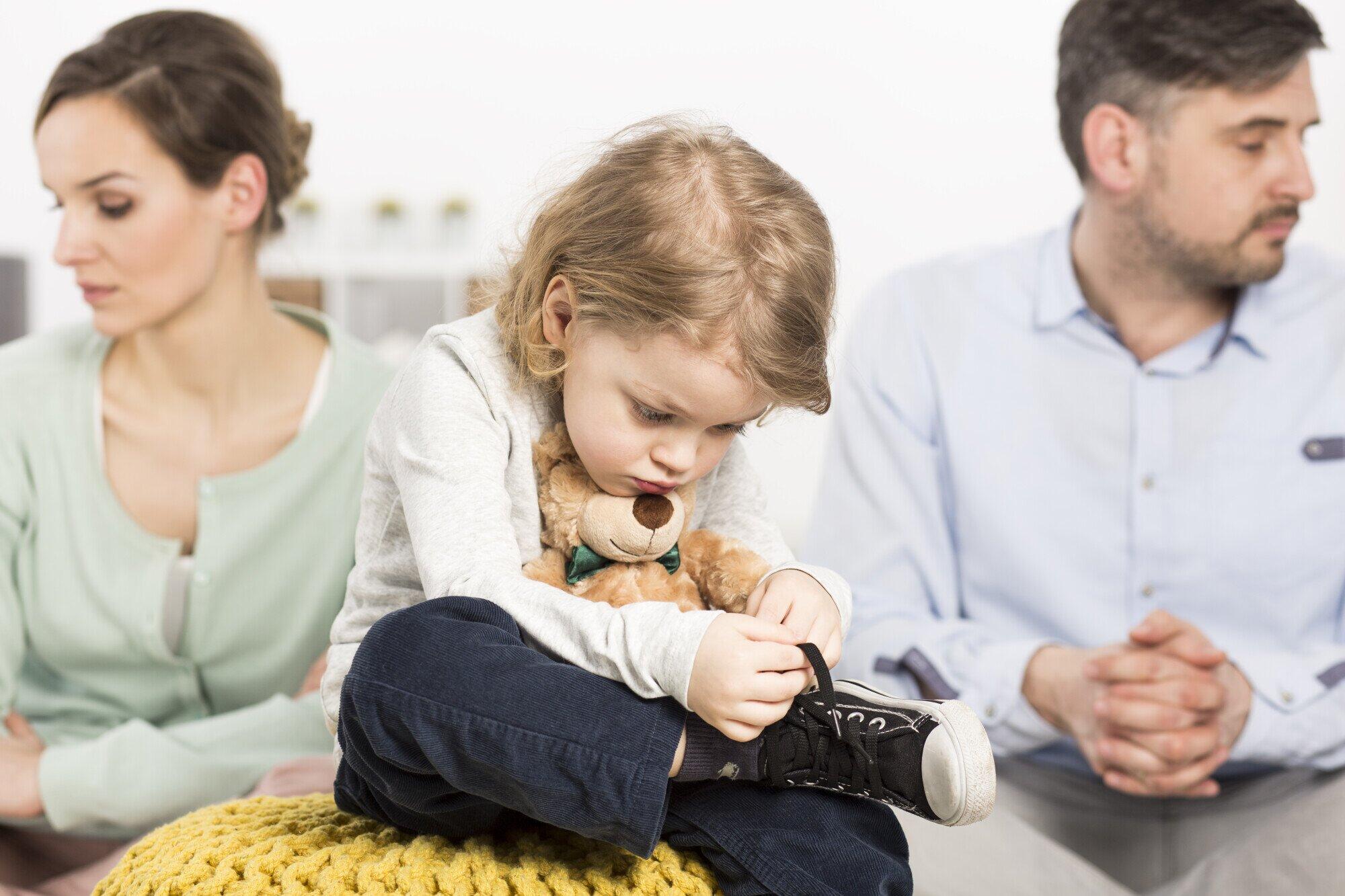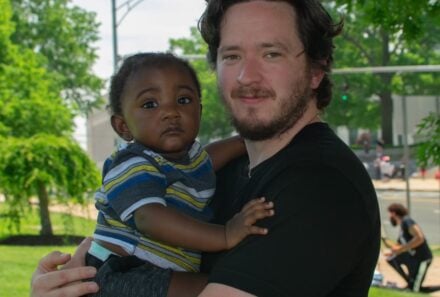Understanding and Managing Post-Adoption Depression

Post adoption depression is something many adoptive parents avoid thinking about. If not addressed, however, it can create long-term issues for both the parents and the child.
First things first: post-adoption depression (PAD) is more common than you might think. Research shows that this is a cause of concern in up to 32% of parents, though these estimates vary greatly across studies.
One thing is for sure: PAD is a relatively common occurrence. Why isn’t it talked about more often? To answer that, let’s go over what this form of depression entails and how you can manage it effectively.
What Is Post-Adoption Depression?
Post-adoption depression is a negative mood stemming from unmet or unrealistic adoption expectations. It manifests itself in anger and helplessness.
Parents coping with adoption issues may also start to wonder if their decision to adopt was the correct one. In this situation, the child’s ability to bond to the parents may prove difficult, deepening the rift between them.
The symptoms of PAD are similar to the symptoms of depression in general. They include:
- Persistently sad or anxious mood
- Loss of interest in hobbies and daily life
- Unplanned changes in appetite
- Difficulty sleeping
How Can You Manage Post-Adoption Depression?
The presence of parental depression symptoms can vary based on whether they occur before or after placement of the child. Here are some general tips that will help you lessen or prevent the impact of PAD.
1. Do a Mental Health Check
By the end of the adoption process, most parents find themselves exhausted. Despite that, it’s important to talk about PAD prior to the placement. Even now, many prospective parents aren’t too familiar with it.
For starters, if you’ve struggled with depression in the past, try reflecting back on it. What made you vulnerable to it? How did you eventually overcome those feelings, and which decisions did you have to make to do it?
You’ll also want to familiarize yourself with the seven core issues of adoption. Try to understand how your behaviors and thoughts are associated with these themes. The seven issues in question are:
- Loss
- Rejection
- Shame and guilt
- Mastery and control
- Intimacy
- Identity
- Grief
2. Reframe Your Expectations
The emotional journey of adoption can be long and arduous. One issue with this process revolves around parental expectations. Oftentimes, reframing these expectations will refocus your energy in a more positive direction.
For instance, many adoptive parents expect to have full control over the adoption process. A better way to think of it is that you should do what you can to move the process along, but realize that some things are out of your control.
You may also expect your child to adapt to your parenting style. In reality, you may need to meet their needs differently than you’re used to. This involves becoming more familiar with their temperament and needs.
3. Surround Yourself With Professionals
Working with a good adoption agency can be a big help with adoption challenges. For example, some agencies require prospective parents to identify the individuals they’ll be able to seek support from if it’s needed.
A true professional will also be well-versed in trauma-informed care. If a child has experienced psychologically distressing events, they’ll be able to explain their behavior. They’ll also help the parents understand their own past traumas.
The key point of adoptive parents support is understanding that each situation is unique. The adoption professional you’re working with should be able to address the unique needs that may contribute to depression.
4. Don’t Let Stigma Stop You From Seeking Help
Taking care of your mental health after adoption is essential for your well-being. Unfortunately, many adoptive parents refuse to accept that. They see seeking support as a sign of weakness and try to confront their issues alone.
This isn’t a long-term solution, especially with PAD. In most of these cases, your healing won’t begin until you’re able to share your struggles with others. Find people in your life that you trust and confide in them.
Frequently Asked Questions (FAQ)
How Do You Know If You Have Post-Adoption Depression?
In general, there are two depression screening tools parents may use to assess their well-being during the adoption process:
- Center for Epidemiological Studies Depression Scale (CES-D)
- Patient Health Questionnaire-9 (PHQ-9)
The CES-D is a 20-item questionnaire designed to screen for depressive symptoms, such as appetite and sleep quality. The PHQ-9 is shorter, with 10 items, and generally aims to establish the same thing.
Using these tools can help you pick up on your depressive symptoms, but they’re still based on self-reported items. The best way to verify a depression diagnosis is to talk to a mental health professional.
Is Post-Adoption Depression Similar to Postpartum Depression?
PAD and postpartum depression (PPD) share several symptoms, but there are key differences as well. The obvious one is that PPD is a response to pregnancy and childbirth, whereas PAD is a response to the challenges of adoption.
The risk factors in PAD and PPD can be very different as well. For instance, one common risk factor in PPD includes marital status, which isn’t the case with PAD. PPD also tends to develop faster, usually within weeks after birth.
What Is Adoptee Fog?
Adoptee fog is a common factor in PAD. It refers to a state of denial about the trauma associated with adoption. Common characteristics of being “in the fog” include:
- The FOG emotions (fear, obligation, and guilt)
- Denial and ignorance of adoption issues
- Confusion and uncertainty about the future
Post Adoption Depression and You
The bottom line: post adoption depression is something all adoptive parents need to prepare for. This includes preventive dialogue, family support, and assistance from adoption-competent mental health professionals.
At Heart of Adoptions, we pride ourselves on customizing our adoption services to your unique needs. We provide professional home studies for all Florida families, as well as post-placement supervision visits.
We also aim to make adoption affordable by offering a variety of resources needed to reach your financial goals. Contact us now to learn more about our adoption services or create your adoption profile!






